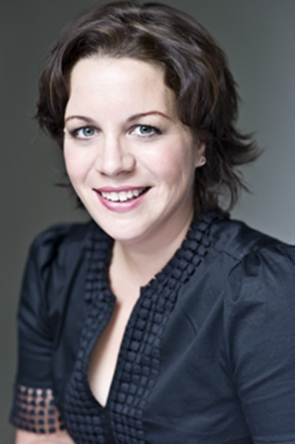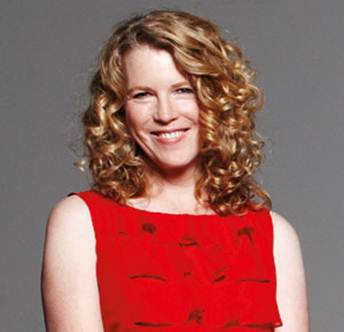Woman aged 40-plus are reinventing life
today. The result? There are no rules about the way we live the second half of
our lives, as our fascinating new research and compelling interviews show…
You might be married, single, divorced or
remarried. Perhaps you’re the breadwinner, on a board, working part-time or
running a business and have no kids, a new baby or teenagers. There’s not just
one type of woman, but, together, the way we’re reworking life after 40 adds up
to a fascinatingly different way of living. So what common ground do
“Generation Y Not” women share? First off, age is irrelevant and, instead, it’s
all about attitude and experience. Despite the recession and job losses, we’re
also still more likely to be working and we’re often the main breadwinner. With
this goes increased spending power, both in making key decisions and in
disposable income. Yes, we know… the household bills are bigger, but we remain
a powerful economic force. When it comes to the brands we choose, we like to
compare notes and pass on recommendations – and we’re four times happier than
women under 40. We also like new ideas and trying new products and new
experiences. “Generation Y Not” women pick up on new trends… and we’re part of
a trend ourselves.
Fact 61% of social networkers are part
of “Gen Y Not”*
Fact 80% more likely than the under 40s
to feel healthy
Here, four women like you talk about being
part of “Generation Y Not”…
She’s a woman with a vision
Emma Scott, 43, is founder and managing
director of the free digital TV services Freeview and Freesat. She has two
daughters, aged six and five.

“Launching Freeview made me realise what
I was capable of”
“When I left school, I wanted to work at
the BBC, but thought that was just a pipe dream, so I got a job working for an
MP. I’d probably have happily stayed in politics if I hadn’t gone on a gap year
to Australia. I ended up staying there and working for a small telecoms
start-up. By the time I had left, the company had grown quite large, which
meant, on returning to the UK five years later, I had the experience I needed
to land that dream job after all, and ended up working for Greg Dyke at the
BBC.
Politics and broadcast have interesting
parallels, as both work to effect change, and that’s the direction my career
has taken me. I’m a strong advocate of the importance of public service
broadcasting because I really believe in the power of the media and the effect
it has on people’s lives. That’s why, when I launched Freesat in 2008, which
provides free digital TV with no subscription, it was so important. We all talk
about these shows at work the next day, whether you’re watching Newsnight or
Downton Abbey – they all have an influence.
I’d previously launched the free-to-air
digital service Freeview in 2002, and this achievement made me realise how much
I was capable of. Going on to launch Freesat presented me with the challenge of
running a start-up business for the first time. But whenever I do something
new, and I enjoy and excel at it, I feel I can do anything.
The biggest challenge for career women of
my generation is making sure that work doesn’t take over. My family is the most
important thing in my life and I have to be clear about boundaries between work
and home. The trade-off for having the balance I want is that I’m always
contactable. It’s not realistic that I can turn off my BlackBerry the minute I
leave the office”
She’s a woman who makes things happen
Emma Parry OBE, 52, co-founded the
charity Help for Heroes with her husband Bryn, an ex-army officer. They have
three grown-up children.

“If I’d known how big and fast-growing
Help for Heroes would become, I’d have been terrified!”
“The year we started Help for Heroes, I’d
reached a crossroads. The children had left home, and Bryn and I had been
running a cartoon business, based on his drawings, since he left the army in
1985. I wanted a change, I was thinking about doing a part-time degree – it
never occurred to me that by the autumn, I’d have launched a charity.
We knew we had to do something when we
received harrowing emails from my husband’s old regiment in Basra, Iraq about
casualty rates and horrific injuries. At first, I though Bryn and I could raise
£10,000 doing a bike ride, but the idea snowballed until we were looking to
raise £5m to build a new swimming pool for the army rehabilitation centre,
Headley Court in Surrey. When we discovered there wasn’t a relevant charity we
could donate the money to, we set up our own.
Had I known how big and fast-growing Help
for Heroes would become, I think I’d have been terrified. But sometimes you
have to take the plunge. I discovered I had lots of skills I didn’t realise I
possessed. It’s very daunting, though, to go from running a small business to
being responsible for millions of pounds.
Retirement has never been part of my
vocabulary. I’m not saying we will be running at the same pace in five years,
but I can’t believe we’ll ever stop working for Help for Heroes. Work is good
for the soul, and I love a new challenge”